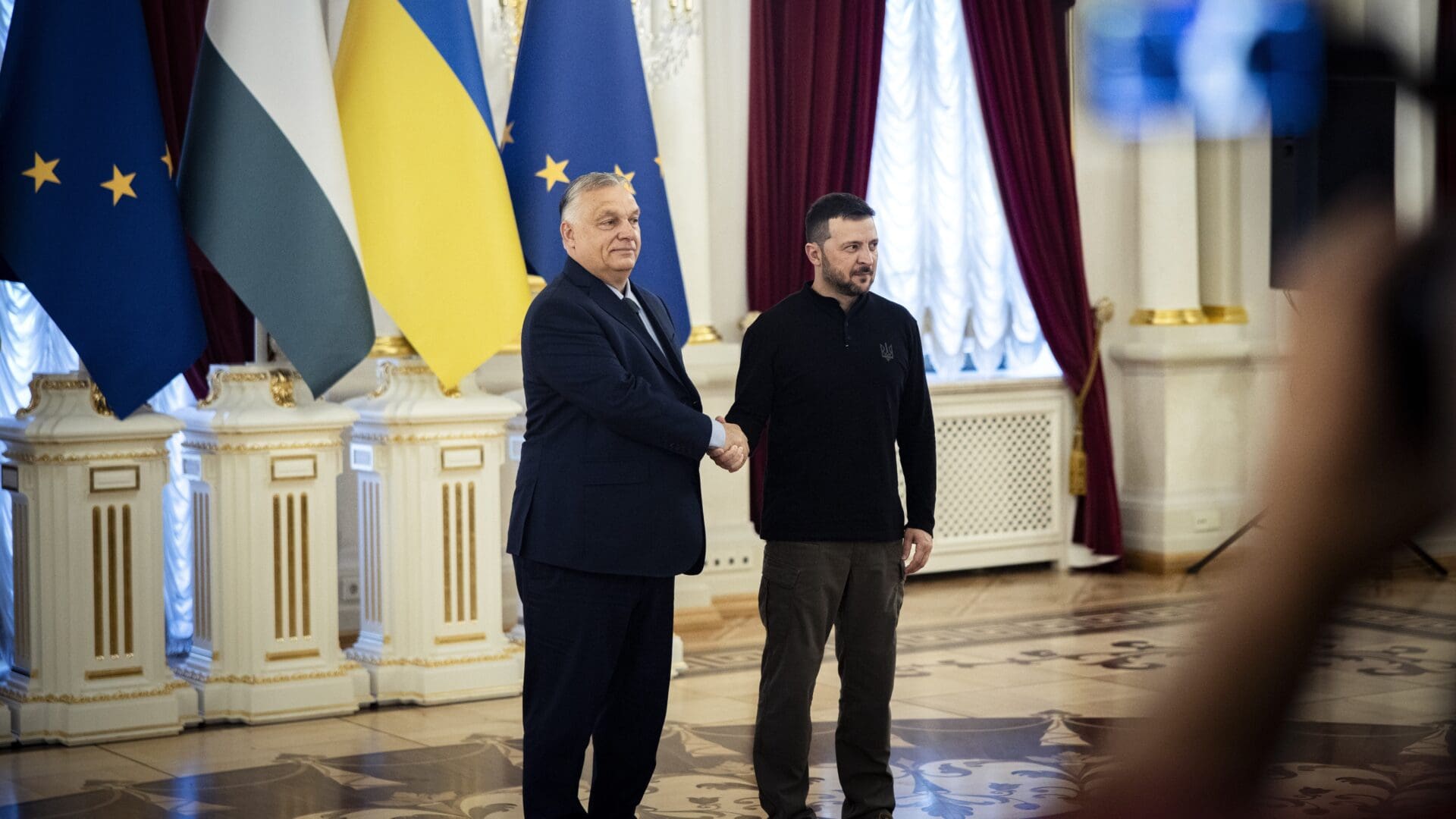Nearing the end of the Hungarian EU Presidency, which focused on advancing peace in Ukraine, Hungary proposed a Christmas ceasefire to the warring parties, with a large-scale prisoner exchange. The initiative marked the culmination of Hungarian Prime Minister Viktor Orbán’s peace mission. ‘At the end of the Hungarian EU Presidency, we made new efforts for peace. We proposed a Christmas ceasefire and a large-scale prisoner exchange,’ Orbán stated in a post on X.
Orbán Viktor on X (formerly Twitter): “At the end of the Hungarian EU Presidency, we made new efforts for peace. We proposed a Christmas ceasefire and a large-scale prisoner exchange. It’s sad that President @ZelenskyyUa clearly rejected and ruled this out today. We did what we could! https://t.co/17f4tXJEsc / X”
At the end of the Hungarian EU Presidency, we made new efforts for peace. We proposed a Christmas ceasefire and a large-scale prisoner exchange. It’s sad that President @ZelenskyyUa clearly rejected and ruled this out today. We did what we could! https://t.co/17f4tXJEsc
The post came shortly after Orbán held a telephone conversation with Russian President Vladimir Putin on Wednesday, discussing the ongoing war and prospects for peace. In response, Ukrainian President Volodymyr Zelenskyy dismissed Orbán’s Christmas ceasefire proposal in an undiplomatic manner, to put it mildly. ‘We all hope that @PM_ViktorOrban at least won’t call Assad in Moscow to listen to his hour-long lectures as well,’ Zelenskyy remarked sarcastically in a post on X.
Zelenskyy continued his remarks, stating: ‘No one should boost personal image at the expense of unity; everyone should focus on shared success. Unity in Europe has always been key to achieving it. There can be no discussions about the war that Russia wages against Ukraine without Ukraine.’
Volodymyr Zelenskyy / Володимир Зеленський on X (formerly Twitter): "We all hope that @PM_ViktorOrban at least won't call Assad in Moscow to listen to his hour-long lectures as well.It's absolutely clear that achieving real peace and guaranteed security requires America's determination, Europe's unity, and the unwavering commitment of all... / X"
We all hope that @PM_ViktorOrban at least won't call Assad in Moscow to listen to his hour-long lectures as well.It's absolutely clear that achieving real peace and guaranteed security requires America's determination, Europe's unity, and the unwavering commitment of all...
At this point, Zelenskyy’s actions and intentions appear increasingly contradictory. In recent weeks, he has made several statements suggesting that the Ukrainian army is incapable of achieving a military victory and is prepared to engage in negotiations with Putin. Yet, he subsequently appears to criticise the only European leader both capable and willing to mediate between Kyiv and Moscow—a leader whose excellent relations with President-elect Donald Trump, a proponent of peace, further enhance his diplomatic stance.
‘I am grateful to @realDonaldTrump and many European leaders with whom we are already working to find the right and strong solutions for real peace,’ Zelensky concluded his post. Orbán responded: ‘It’s sad that President @ZelenskyyUa has clearly rejected and ruled out [the ceasefire proposal] today. We did what we could!’
In recent weeks, efforts to promote peace have gained significant momentum. Donald Trump’s victory in the US presidential election on 5 November served as a clear catalyst. Following this, Viktor Orbán first met with Pope Francis in early December, and subsequently travelled to Mar-a-Lago on Monday, 9 December, where he held discussions with Trump, Elon Musk, and Trump’s choice for national security advisor, Mike Waltz. The talks primarily focused on achieving peace in Ukraine.
This was followed by a phone call with Putin, which had been set to precede a meeting with Turkish President Recep Tayyip Erdoğan on Thursday, 11 December. The meeting was expected to address the ceasefire proposal that Zelenskyy had already rejected—an initiative now seemingly off the table.
Related articles:








